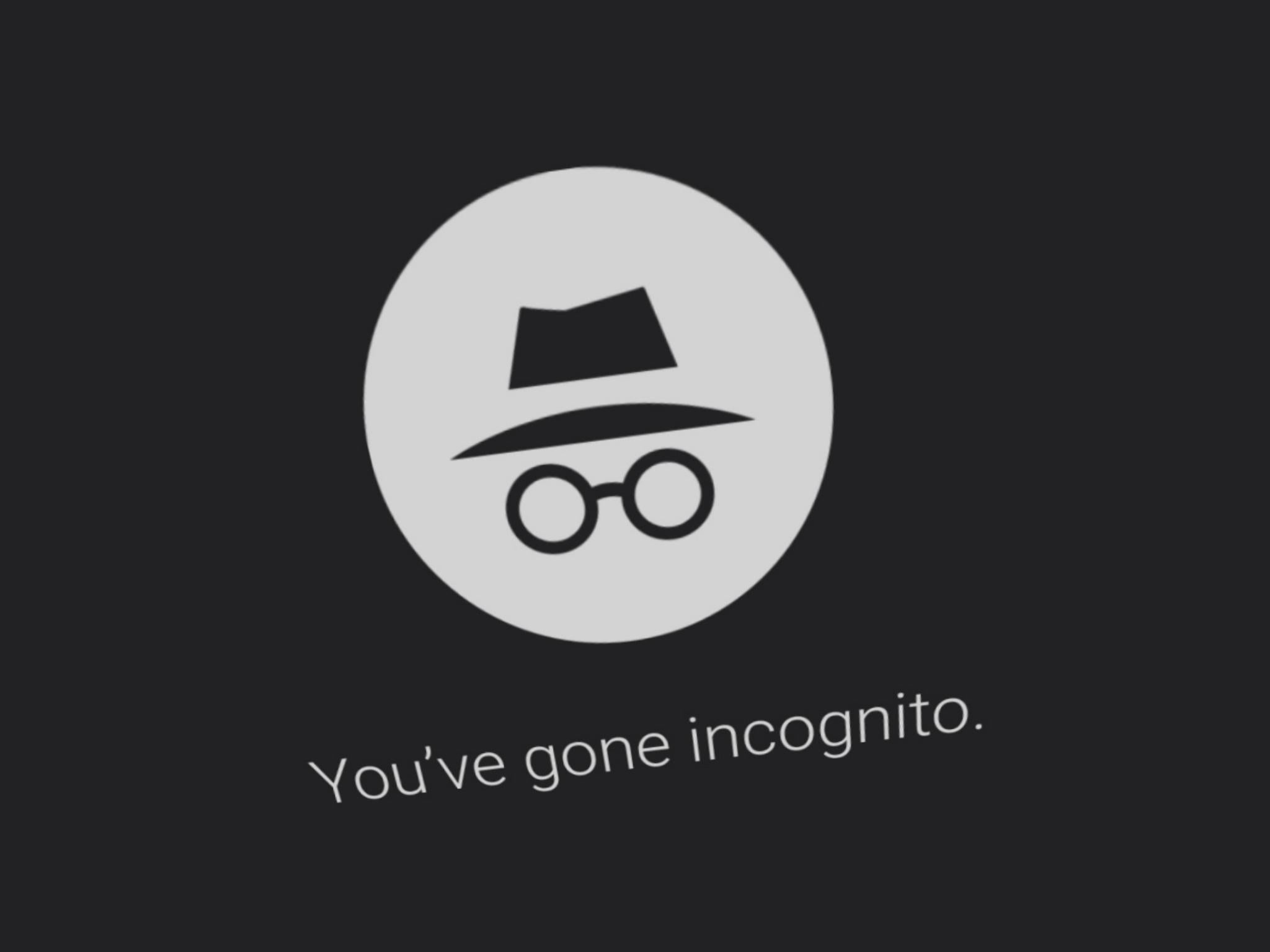Google to fix Chrome loophole that gives you away when browsing incognito
Web browser to update feature that compromises user privacy, after study shows porn websites sell visitor data to third parties

Your support helps us to tell the story
From reproductive rights to climate change to Big Tech, The Independent is on the ground when the story is developing. Whether it's investigating the financials of Elon Musk's pro-Trump PAC or producing our latest documentary, 'The A Word', which shines a light on the American women fighting for reproductive rights, we know how important it is to parse out the facts from the messaging.
At such a critical moment in US history, we need reporters on the ground. Your donation allows us to keep sending journalists to speak to both sides of the story.
The Independent is trusted by Americans across the entire political spectrum. And unlike many other quality news outlets, we choose not to lock Americans out of our reporting and analysis with paywalls. We believe quality journalism should be available to everyone, paid for by those who can afford it.
Your support makes all the difference.Google has promised to shut down a loophole in Chrome that allows websites to see when visitors are browsing in Incognito Mode.
The change will be introduced in the next update for the popular web browser, which is set to arrive on 30 July.
"We want you to be able to access the web privately, with the assurance that your choice to do so is private as well," Google wrote in a blog post.
"In situations such as political oppression or domestic abuse, people may have important safety reasons for concealing their web activity and their use of private browsing features."
Google said the update would affect some web publishers who have been using the loophole to detect and prevent metered paywall circumvention.
Currently, some news websites and other online publishers offer a finite number of free articles before a visitor has to pay for a subscription.
In some instances, web users can trick the sites into thinking they have never visited before by using Incognito Mode in Chrome. Some websites have become wise to this, however, and now blocks visitors using the private browsing mode.
The technology giant justified its decision to close the loophole by explaining that user trust and private browsing principles must be prioritised over publishers' paywall strategies.
"Our News teams support sites with meter strategies and recognise the goal of reducing meter circumvention, however any approach based on private browsing detection undermines the principles of Incognito Mode," Google said.

Despite the update, the privacy features of Chrome's Incognito Mode remain limited. Google warns on the Incognito Mode landing page that a user's browsing activity might still be visible to "websites you visit, your employer or school [and] your internet service provider".
A recent study found that 93 per cent of pornography websites collect data from its users and leak them to third parties, even if visitors are using private browsing modes.
"[The] assumption that porn websites will protect [visitors] information, along with the reassurance of the 'incognito' mode icon... provide [visitors] a fundamentally misleading sense of privacy," the study states.
Join our commenting forum
Join thought-provoking conversations, follow other Independent readers and see their replies
Comments